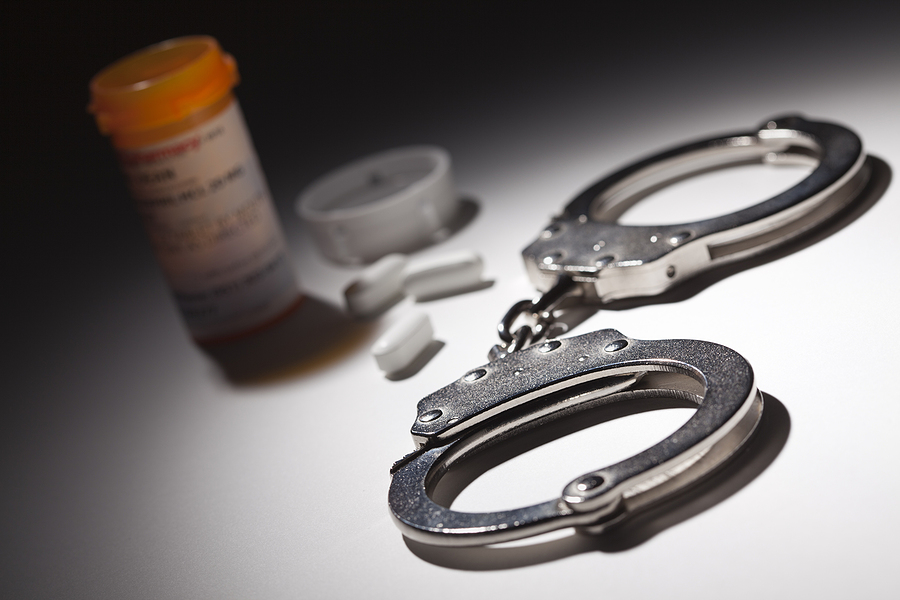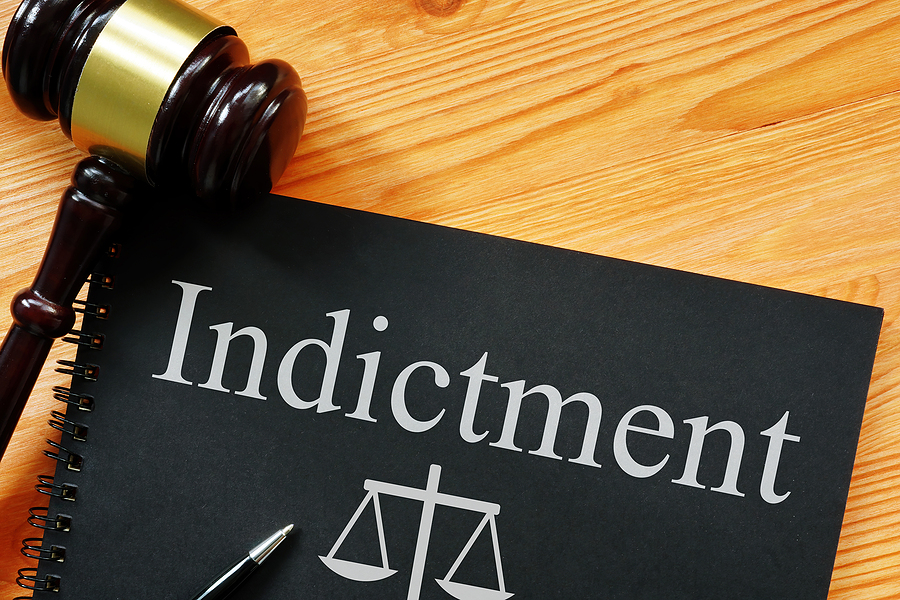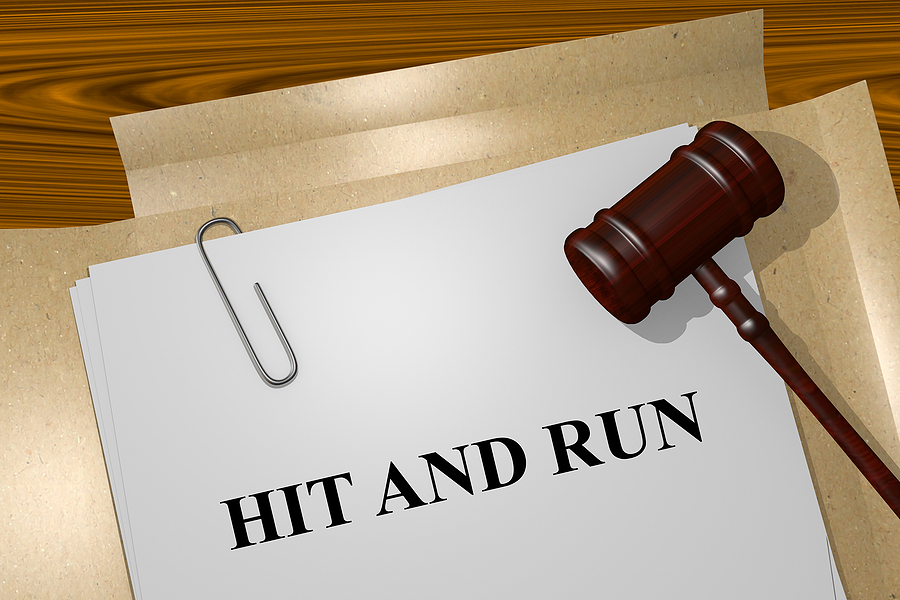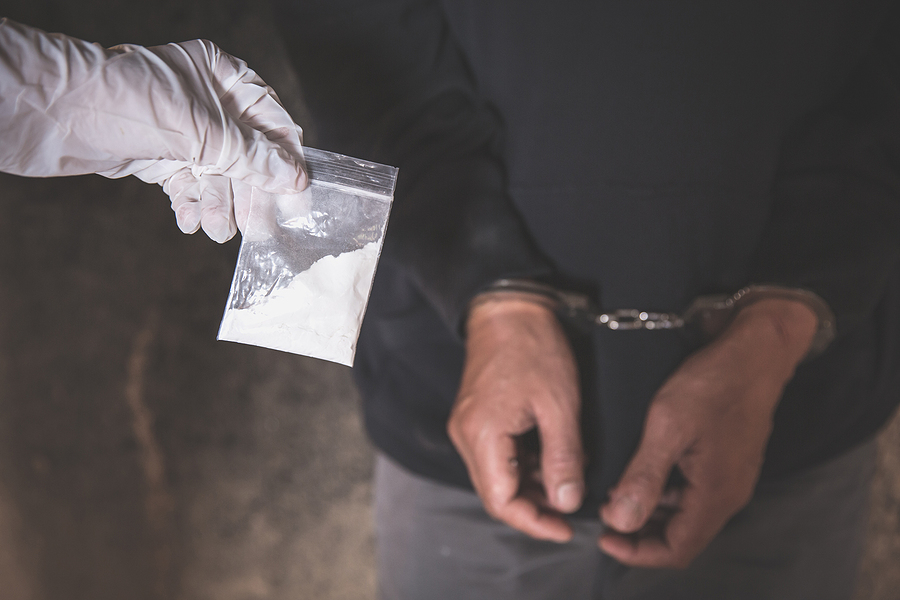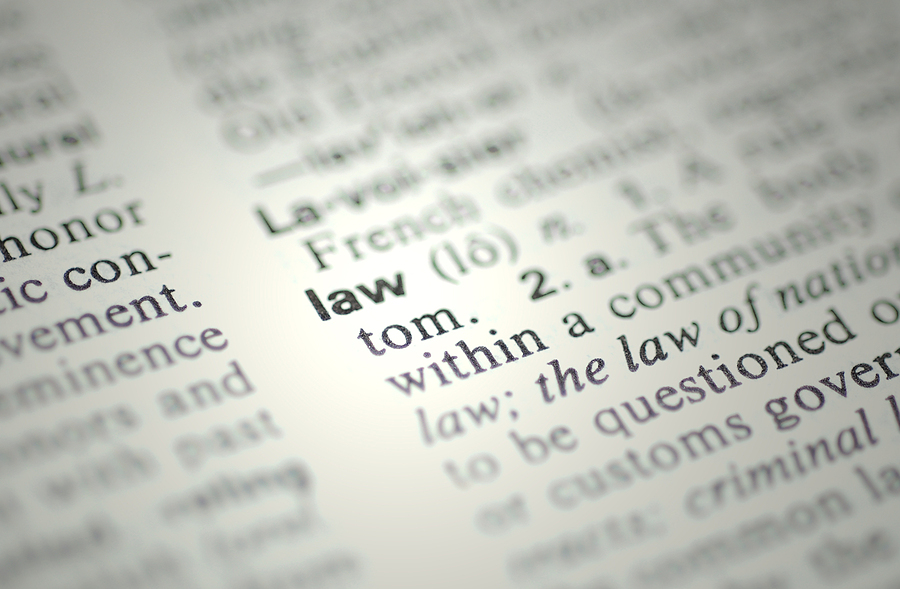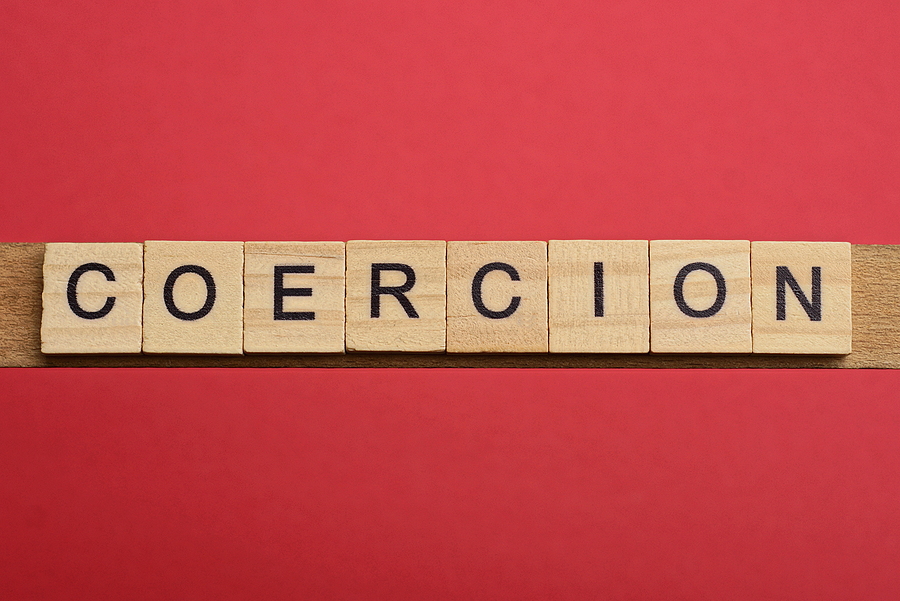Navigating the intricate maze of criminal law can feel overwhelming and fraught with uncertainty. Whether you’re directly impacted by criminal charges or simply seeking to understand the process, this comprehensive guide serves as a beacon of clarity.
From understanding the basic elements of criminal charges to the vital role of a criminal defense attorney, we’ll illuminate the path of the criminal justice system. Armed with knowledge, those charged with crimes, alongside their families and advocates, can embark on a more informed journey through legal proceedings, mindful of the importance of expert legal counsel.

Understanding Criminal Charges
Before delving into the specifics of a criminal defense, it’s crucial to understand the bedrock of any criminal case—the criminal charges themselves. These charges can be broadly classified into misdemeanors, felonies, and infractions. Each varies in severity, potential punishment, and the associated social stigma.
Misdemeanors: Misdemeanors are generally considered less serious offenses compared to felonies. These charges often carry penalties such as fines and short-term jail sentences. Some common examples of misdemeanors include petty theft, disorderly conduct, and simple assault.
Felonies: Felonies are the most serious type of criminal charge and carry severe punishment, including imprisonment, probation, or hefty fines. Examples of felonies include murder, kidnapping, and robbery.
Infractions: Infractions are the least serious type of criminal charge and typically result in a fine rather than incarceration. These offenses often include minor traffic violations or other non-criminal offenses.
The Vital Role of a Criminal Defense Attorney
Legal representation can be the deciding factor in the trajectory of a criminal case. A knowledgeable criminal defense attorney navigates legal intricacies, upholds the defendant’s rights, and articulates a robust defense strategy. When it comes to defending their clients, defense lawyers utilize a wide range of criminal defense strategies that are specifically tailored to address the unique circumstances of each case.
These strategies include but are not limited to challenging evidence, invoking defenses such as alibi or consent, and skillfully negotiating plea bargains. By employing these tactics, defense lawyers aim to ensure that their clients receive the most effective and personalized legal representation to obtain the best possible outcome in court.
Navigating the Criminal Justice System
Entering the criminal justice system begins upon arrest, typically with an arrest warrant, and ushers in a series of stages reflective of the gravity of our judicial process. These stages generally include:
Arrest and Booking Process – After an arrest, booking processes officially record the incident and collect biometric information from the accused.
Pre-Trial Procedures – Pre-trial phases, crucial to setting the stage for prosecution and defense, involve arraignments, discovery, motions, and hearings.
Trial Proceedings – Trial proceedings may oscillate between juries or judges as fact-finders, with the prosecution bearing the burden of proving guilt beyond a reasonable doubt.
Sentencing and Appeals – Should a guilty verdict transpire, sentencing follows—with possible appeals offering a pathway for review of potential legal or procedural errors.
Support for Criminal Defendants
While facing charges, defendants can access a variety of resources:
Legal Aid – Organizations providing legal support to those unable to afford private attorneys.
Support Organizations – Groups that offer assistance ranging from emotional support to re-entry programs for convicts.
Churches – Religious organizations that may offer counseling or other forms of support.
Family and Friends – Networks providing emotional and financial assistance throughout the legal process.
Conclusion
Fortified with a deeper understanding of criminal charges and the criminal defense process, the importance of seeking professional legal counsel becomes unequivocally clear. Empowerment through knowledge can often be a defendant’s first line of defense.
Remember to harness every resource, from a qualified criminal defense attorney to support networks, ensuring every possible advantage in confronting criminal charges, navigating court hearings, and contending with the sentencing process. Your rights and your story matter—make sure they are heard within the halls of justice.
Don’t let a criminal charge or conviction define you; take action and fight for your future. Contact Attorney David E. Lewis at 317-636-7514 for the strongest criminal defense in Indianapolis. We will get the best possible outcome for your criminal case or appeal your current verdict!
Related Posts:
FAQS About Felonies, Misdemeanors, and Infractions
What are the Sentencing Guidelines for Indiana?
Will I Be Tried in State or Federal Court?

